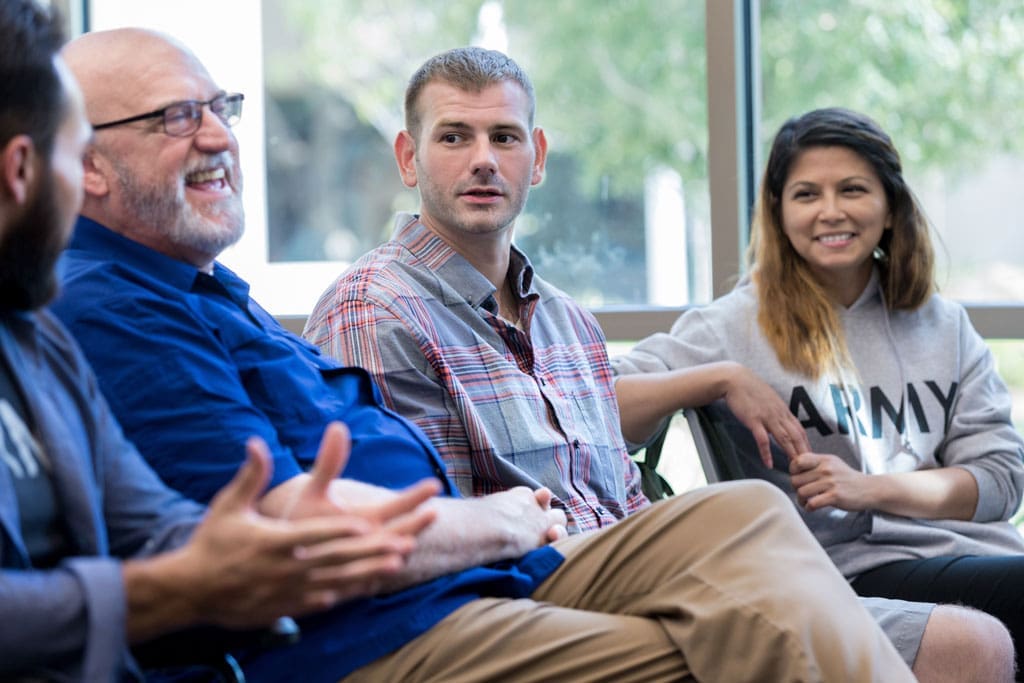
While partial hospitalization programs (PHPs) serve as invaluable resources in mental health treatment, it’s essential to explore various alternatives to ensure individuals receive the most suitable care for their unique circumstances. Let’s delve into some alternative options:
- Intensive Outpatient Programs (IOPs):
- IOPs provide a structured treatment approach for individuals requiring ongoing support but not the intensive level of care offered by PHPs.
- These programs typically consist of therapy sessions, group counseling, and medication management, often scheduled during evening hours to accommodate work or school commitments.
- Participants benefit from regular therapy sessions and group interactions while retaining the flexibility to maintain their daily routines.


- Residential Treatment:
- Residential treatment involves individuals living within specialized facilities that offer comprehensive care and 24/7 support.
- This option is well-suited for individuals with severe mental health conditions or those who require a highly structured environment to facilitate healing and recovery.
- Participants receive intensive therapy, medication management, and support from a multidisciplinary team of professionals in a safe and monitored setting.
- Individual Therapy Sessions:
- For individuals who prefer personalized support tailored to their specific needs, individual therapy sessions with a licensed therapist can be highly beneficial.
- These sessions provide a confidential space for exploring personal challenges, developing coping strategies, and working towards therapeutic goals.
- Therapists employ various techniques, such as cognitive-behavioral therapy (CBT), dialectical behavior therapy (DBT), or psychodynamic therapy, to address individual needs effectively.
- Support Groups and Community Resources:
- Participating in support groups or accessing community resources can supplement formal treatment options and provide additional avenues for support and understanding.
- Peer support groups, such as Alcoholics Anonymous (AA) or National Alliance on Mental Illness (NAMI) support groups, offer individuals the opportunity to connect with others who share similar experiences and challenges.
- Community organizations and mental health advocacy groups may also provide valuable resources, education, and support services tailored to specific needs and demographics.
By considering these alternative treatment options, individuals can collaboratively work with healthcare professionals to identify the most suitable approach for addressing their mental health needs effectively. It’s essential to prioritize personalized care and explore diverse avenues to ensure holistic support and recovery.
















